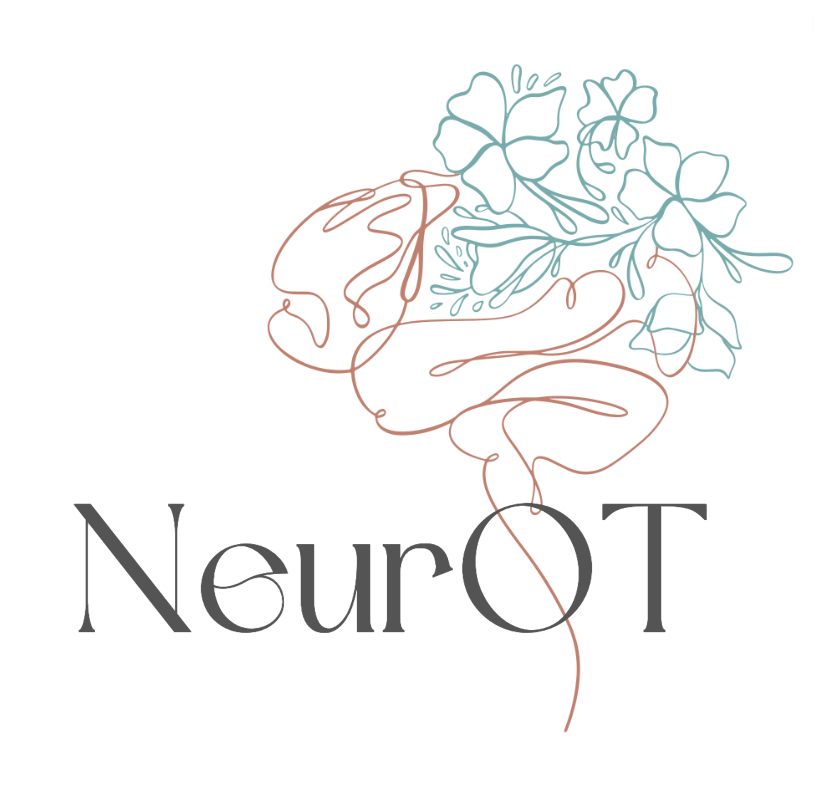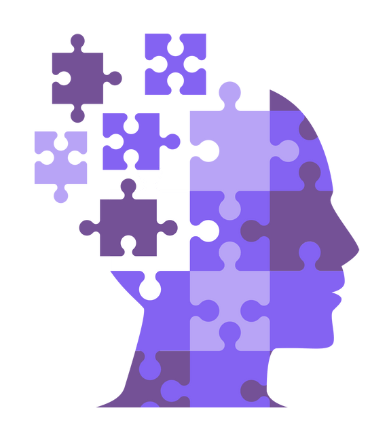Dementia is a term used to describe a decline in cognitive function, including memory, language, and problem-solving skills. Changes in behavior and personality often accompany it. Dementia can be caused by various conditions, such as Alzheimer’s disease, vascular dementia, Lewi body dementia, and frontotemporal dementia. Dementia can impact the person’s ability to engage in meaningful occupations and social interactions.
Symptoms of dementia may include memory loss, difficulty communicating or finding words, difficulty with problem-solving and decision-making, changes in personality and behavior, and difficulty completing familiar tasks. These symptoms can vary in severity and may progress over time.
The prognosis for dementia varies depending on the underlying cause and the severity of the cognitive decline. In some cases, symptoms may be mild and progress slowly; in others, the decline may be rapid and severe.
The prevalence of dementia increases with age, but it is not a normal part of aging. It is estimated that about 50 million people worldwide have dementia, which is expected to triple by 2050.
While there is currently no cure for dementia, there are treatments and therapies that can help manage the symptoms and improve the quality of life for those living with the condition

Occupational therapy can be essential for people with dementia and their caregivers. Occupational therapy focuses on helping people maintain or improve their ability to perform daily activities, such as bathing, dressing, and eating, as well as engaging in meaningful hobbies, leisure activities, and social interactions. Occupational therapists can support people with dementia and their caregivers to adapt to changes in cognitive function and behavior.
Some of the ways that occupational therapy can help people with dementia and their caregivers include:
- Providing strategies to manage changes in cognitive and emotional function: Occupational therapists can help people with dementia, and their caregivers identify strategies to address changes in cognitive function, such as using memory aids or modifying the environment using assistive aids.
- Improving mobility and coordination: Occupational therapists can help people with dementia improve their mobility and coordination, which can help them maintain their independence and improve their quality of life.
- Supporting participation in meaningful activities: Occupational therapists can help people with dementia and their caregivers find enjoyable, meaningful, and individualized activities for the person’s abilities and interests.
- Providing education and resources: Occupational therapists can provide education and resources to people with dementia and their caregivers to help them better understand the condition and how to manage it.
Occupational therapy can be an important resource for people with dementia and their caregivers, providing support and strategies to help them manage the condition and maintain their quality of life.

